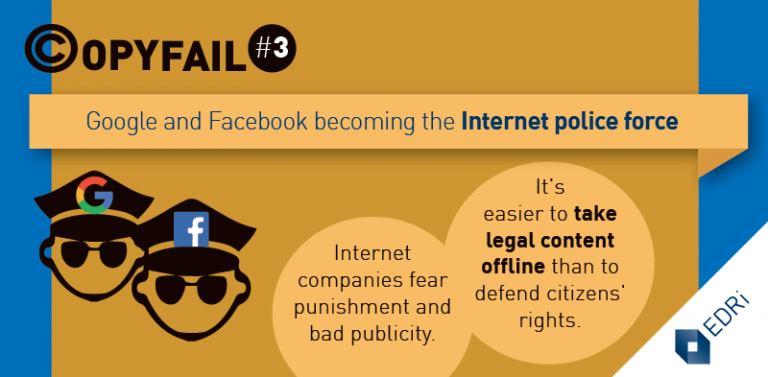Today a batch of documents concerning the Transatlantic Trade and Investment Partnership (TTIP) has been leaked by Greenpeace.
As suspected there are worrying indications when it comes to the future of a free and open Internet.
• TTIP might result in the EU and US being able to ignore fundamental human rights (such as the right to privacy) when it comes to telecommunications. This is serious, as such issues have been central in previous legislative acts concerning the Internet.
• With the EU-US Privacy Shield still being a pretty open issue, TTIP seems to move the issue of data transfers in favour of Big Data. It is doubtful if there will be any meaningful protection of personal data being transferred from EU to the US.
• When it comes to Intellectual Property (IP), there are signs that TTIP will move to make Internet Service Providers to “voluntary” police the net. In other words, TTIP seems to make another try to re-introduce IP provisions that the European Parliament has already rejected in ACTA.
IP issues in TTIP seems to be open for negotiations and last-minute amendments. EDRi explains…
Concerning so-called “Intellectual Property” (IP), the negotiators seem to take lobbyists’ wish list very seriously. According to the leaked report, “[w]hen confronted with EU warning that bringing sensitive proposals that would require changes in EU law to the table – and doing it at a late stage of the negotiation – may have a negative impact on stakeholders” (which would apparently not include citizens) “and has very limited chances of being accepted”, the US seemed to be prepared to depart from the model of the TPP. Among the proposals the US is thinking of tabling, it includes privatised enforcement measures, that EDRi has been criticising since its inception because they bypass the rule of law and lead to arbitrary corporate decision-making without accountability (cf. “voluntary stakeholder initiatives”). As with ACTA, the US is strongly supportive of “voluntary initiatives” as US-based global giants already impose US copyright law on a global level. The EU (as shown by the recent leak of the Communication on Platforms) supports this approach.
It’s still early days. And there is no lack of warning signals.
So, I guess there will be yet another battle over a free and open Internet. (Frustratingly, in part it seems to be the same battle over IP issues being fought over and over again.)
/ HAX
• Greenpeace: TTIP Leaks »
• EDRi: TTIP leaks confirm dangers for digital rights »
• The Guardian: Leaked TTIP documents cast doubt on EU-US trade deal »
• Europan Commission: EU negotiating texts in TTIP »
• EU Commissioner Cecilia Malmström: Negotiating TTIP »

